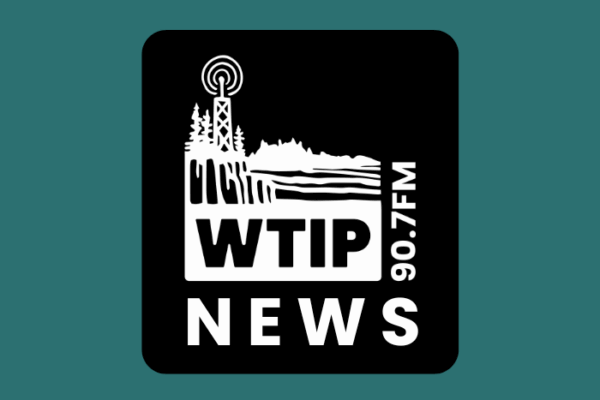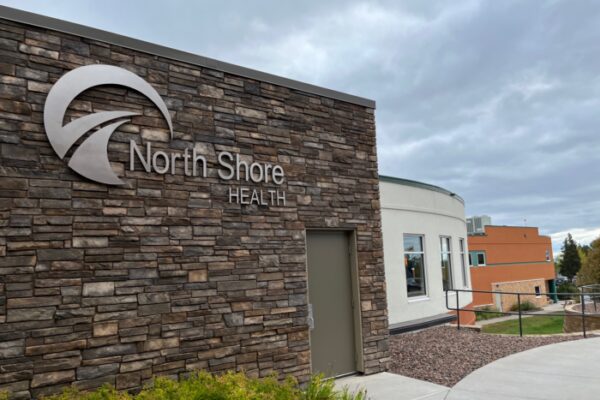Know what to expect if crossing into Canada at Pigeon River starting Aug. 9
Canada will allow fully vaccinated U.S. citizens to enter the country starting Aug. 9. This is exciting news for some on the North Shore and in Cook County, but don’t just head to the Pigeon River border crossing in Grand Portage and plan to visit Thunder Bay or Quetico Provincial Park without knowing what to expect.
Canada has imposed a stringent list of requirements, beyond vaccination, for anyone who wants to head north of the border, including a negative COVID-19 test result from no more than 72 hours before crossing.
North Shore Health has put the wheels in motion to be able to provide the necessary COVID-19 test for travelers. The local hospital in Grand Marais announced that they will be offering molecular COVID-19 testing for asymptomatic people who are traveling to Canada and other countries that require testing prior to entry.
Testing will be offered on a very limited basis at 9 a.m. and 2 p.m., Monday through Friday, excluding holidays, through the existing drive up testing process. Testing will be offered on a first come first serve basis, no appointments will be taken. Registration will be held from 8:15 to 8:45 a.m. for the 9 a.m. testing and again at 1:15 to 1:45 p.m. for the 2 p.m. testing. The registration will occur in the lobby of North Shore Health, the entrance facing 5th street/County Road 7. Approximately five people per testing times will be accepted and registration will close once the maximum number is met.
After being registered, the individual will wait in the parking lot until they are called and will then drive through the emergency entrance.
The results of the testing will typically be available within three to four hours after the specimen has been collected. Results will be available for pick-up at the North Shore Health registration desk. A picture ID will be required when picking up the results. The results will also be available on the NSH patient portal. This testing will only be for travel purposes. Testing for individuals with symptoms will continue with the current process.
North Shore Health is able to bill health insurance for United States citizens or permanent residents. Those without health insurance will discuss options during registration, according to Kimber Wraalstad, the administrator at NSH.
The audio below is an Aug. 5 interview with Wraalstad and WTIP’s Joe Friedrichs.
Meanwhile, what about coming back to the United States? Will U.S. citizens who visited Canada face any extra scrutiny upon return?
At this point (Aug. 5), the answer is no.
That is according to Department of Homeland Security spokesperson Jason Givens, who told WTIP: “a U.S. citizen returning to the United States at a land border port of entry needs to present themselves for inspection by providing a WHTI compliant document…This has not changed since the travel restrictions were implemented.”
A WHTI document is a U.S passport, a passport card, or an enhanced driver’s license. However, an official at the Pigeon River Port of Entry in Grand Portage cautioned that could change when the U.S. announces that it is opening the U.S.-Canadian border. When Canadian citizens are once again able to enter the United States, the entry screening process could change for all who are entering the United States.
In related news, the Associated Press reports that vaccinated U.S. citizens may face long lines and delays due to a potential Canada Border Services Agency strike. Approximately 9,000 Canada Border Services Agency employees are set to begin strikes Friday morning (Aug. 6).
Strikes are set to take place at Canadian airports, land borders, commercial shipping ports, postal facilities and headquarters, according to the AP. The unions warned that the strikes could have a “dramatic impact” on plans to reopen the border to U.S. travelers on Aug. 9.
WTIP’s Rhonda Silence contributed to this report.














